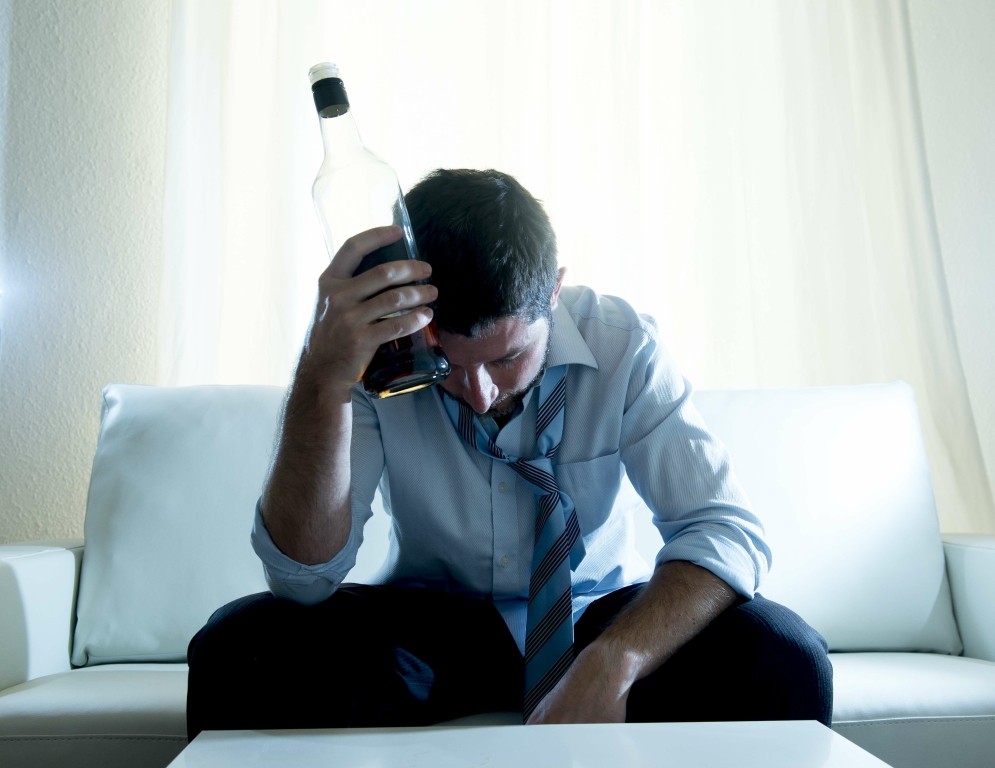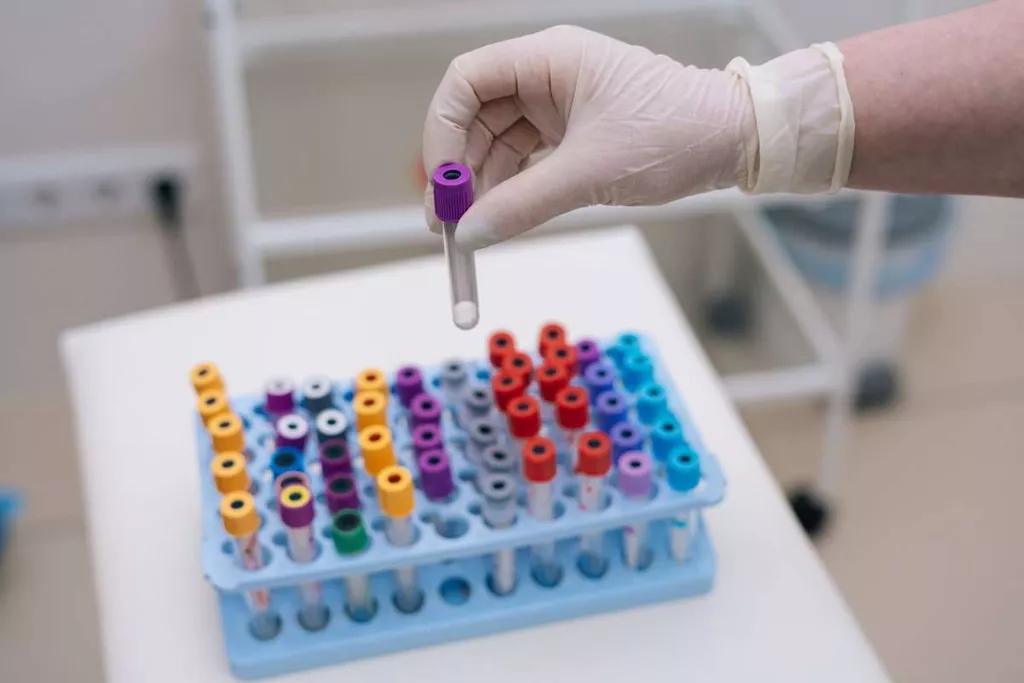6 Ways to Stay Sober When the Going Gets Rough: EXIS Recovery Inc : Substance Abuse and Trauma Treatment Facilities
Content
- I’m in sober living after leaving rehab. What steps can I take to be financially and emotionally independent?
- Learn to Manage Stress
- If You Went to Rehab, Work Your Program
- A Guide to Choosing, Planning, and Achieving Personal Goals
- Accept that you are in a transitional phase, which will take time.
- “Your Life Will Get So full.”
Remember, it’s not that sobriety is terrible, but that your brain is trying to grapple with the sudden loss of dopamine. But it’s comforting to know that you don’t have figure it out on your own. Depending on the severity of the symptoms, your doctor may even recommend medication to help treat depression and anxiety.

Sobriety strategies vary and may include recognizing triggers, preparing for PAWS, avoiding old routines, building healthy relationships, and seeking support. While some individuals can remain sober without continual treatment, many struggle to do so. As a result, ongoing treatment can help you remain in lifelong recovery. You may not need the intensive treatment you receive when you started recovery, but utilizing some of the resources and treatment methods can help you maintain long-term sobriety.
I’m in sober living after leaving rehab. What steps can I take to be financially and emotionally independent?
Getting sober is like learning to walk again after a terrible accident. You should be able to go about living your life without drinking alcohol, but you feel utterly useless and have no idea what to do with yourself. When people think about the quintessential backyard treehouse, images of rickety old boards, a swinging ladder, and a leaky roof come to mind. To ensure that your arboreal structure is safe for your kids’ club meetings and in-person group chats, you’ll want to build a treehouse that’s safe and secure.
Imagine the conversations you’ll have with friends on why you did it. One of the biggest perks about sobriety is being able to think ahead, long-term. This is in stark contrast to alcohol and addiction in general which foster short-term rewards. So, use your sober brain to think about the long-term consequences to your short-term reward and recognize what it would do to your life. If you are struggling to stay sober, then start skipping events. Everyone’s feelings are important, which means your emotions and health are equal to people who may be celebrating or mourning.
Learn to Manage Stress
I promise it will do wonders for your mental health, which, in turn, will help you feel motivated to do more things. Exercise is critically important in early sobriety and for ongoing mental health and wellness. It’s a great way to boost dopamine and endorphin levels naturally.
Picture your past self standing before you, then take your love and compassion and hold it in a ball of light in front of you. In your imagination, give the ball to your past self and watch as your love surrounds and eventually engulfs them. This is exercise is a little out there, but it has proven to be beneficial for staying sober. If you’re fortunate enough to have friends and family that have continued to stay by your side, then seek them out. If you’re having a hard day, they will rush to your aid to ensure you don’t slip back. They shouldn’t become a crutch, but they will always be thankful you turned to them instead of to your addiction.
If You Went to Rehab, Work Your Program
Your brain has taken quite a hit from years of heavy drinking. You need to relearn how to feel good again without that chemical crutch. There are so many people, perhaps you’re one of them, who feel lethargic, sad, and lost after they quit drinking. Right now, you’re doing a very hard thing, and sometimes hard things feel lonely. Fortunately, there are more ways than ever to connect with like-minded people who are fellow travelers on this path. It’s important to have the right mindset about sobriety.
How many cigarettes is a relapse?
A slip is when a smoker who has quit smokes one or two cigarettes. A relapse is when a smoker who has quit returns to regular smoking. It is hard to quit smoking. The temptation can be very strong.
You’re kind of forced to throw the metrics out the window and just enjoy the run for what it is. You don’t feel guilty for walking up a hill or stopping to take a nice photo. I’ve spoken at length about the benefits of metrics and tracking your health data. I still believe wholeheartedly that they are important and worth watching. I became obsessed with them and let the number pumped out from my watch to my phone screen dictate how I went about my daily life. We had a bumper summer with the apartment downstairs, which is to be expected when you live in paradise, another thing I’m grateful for.
But when I get into this state, I keep pushing deeper and deeper into it. I try to do everything simultaneously, finishing nothing and ultimately being less https://goodmenproject.com/everyday-life-2/top-5-tips-to-consider-when-choosing-a-sober-house-for-living/ productive, repeat. There’s a mild sense of panic in the air as people start to stress about getting their work done before we run out of suitable weather.
What changes after 3 months sober?
For three months, alcoholics in recovery often report positive changes in their emotional state, career, finances, and personal relationships. These include but are not limited to: Feelings of depression and anxiety may subside. Critical thinking skills improve.
Sobriety requires us to find new, natural ways to feel better. Exercise and movement is a must-have tool in any sobriety toolbox. I have thrown many a pity part for myself from the comfort of my couch. I’ve also had very real, debilitating moments when I curled up with a blanket and cried, wishing my life was different, or even over. So how do you motive yourself to tackle this problem proactively?
Addiction can lead to absenteeism, reduced work performance, and poor job prospects. Sobriety can help individuals regain control of their lives and become more productive at work or school. Boredom can be a significant trigger for individuals who have struggled with addiction. It can lead to restlessness, feel stressed, and a desire to engage in risky behaviors. Every day when you wake up, you have the chance to start over. You can change your life in the span of a second if you want to.
Sobriety can also lead to a sense of purpose and fulfillment as individuals regain control of their lives and achieve their goals of successful recovery. Continuously learning and growing is essential for maintaining sobriety long-term. This may include attending support group meetings, reading books on recovery, or pursuing education or training in a related field. Developing a support system is essential for individuals who are committed to sobriety. This can include friends, family members, or support groups like Alcoholics Anonymous (AA) or Narcotics Anonymous (NA). Negative emotions such as stress, anxiety, and depression can be challenging to manage, especially for individuals who have used drugs or alcohol to cope in the past.
Accept that you are in a transitional phase, which will take time.
Other definitions, however, often focus on the process of recovery and developing coping mechanisms and habits that support health and wellness over the long term. Total abstinence may be the goal, but the reality is that setbacks are common. I’ve suffered from Top 5 Tips to Consider When Choosing a Sober House for Living anxiety and depression for years, even before I started drinking excessively. You feel like you’re on autopilot, there’s no joy in your life, and the only thing you feel like doing is curling up on your couch and finding ways to check out to pass the time.
Financial troubles and problems finding and keeping employment are major triggers for relapse, but it is possible to take baby steps and get your finances in order. Just keep in mind that your improvements won’t happen overnight. Having a chaotic or disorganized lifestyle can also hinder your recovery. It’s important to develop a structured daily and weekly schedule and stick to it. If PAWS is severe or if you’re experiencing prolonged symptoms, a medical professional can help you work through them and remain in recovery without relapse. The symptoms involved in PAWS can be a barrier to recovery if you’re not careful.


